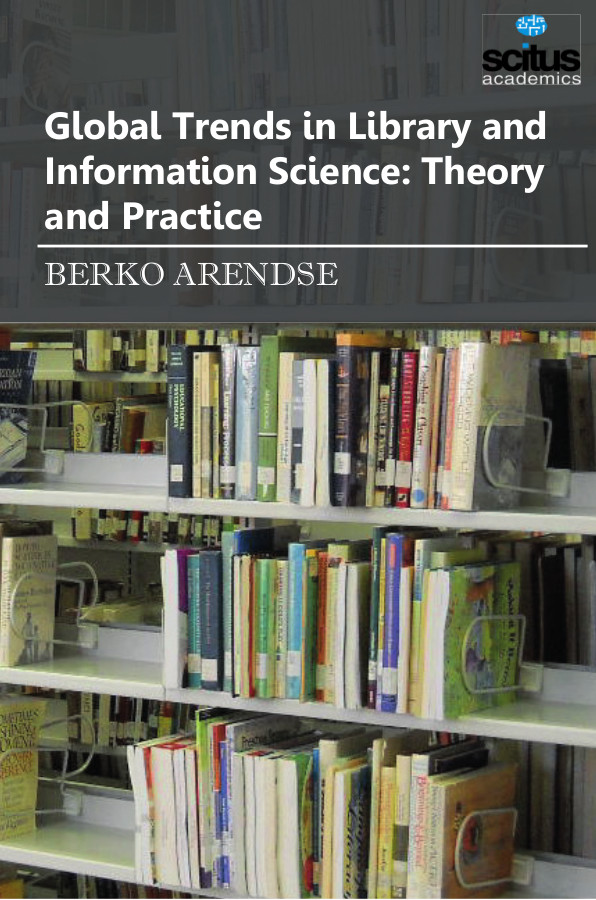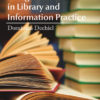A library is a collection of sources of information and similar resources, made accessible to a defined community for reference or borrowing. It provides physical or digital access to material, and may be a physical building or room, or a virtual space, or both. A library’s collection can include books, periodicals, newspapers, manuscripts, films, maps, prints, documents, microform, CDs, cassettes, videotapes, DVDs, Blu-ray Discs, e-books, audiobooks, databases, and other formats. A library is organized for use and maintained by a public body, an institution, a corporation, or a private individual. Public and institutional collections and services may be intended for use by people who choose not to—or cannot afford to—purchase an extensive collection themselves, who need material no individual can reasonably be expected to have, or who require professional assistance with their research. In addition to providing materials, libraries also provide the services of librarians who are experts at finding and organizing information and at interpreting information needs. Library and Information Science is a profession that is full of people passionate about making a positive change in the world & they tend to be wildly happy about what they do. Librarians not only manage collections, they evaluate, analyze, organize, package, and present information and train people in its use.
Librarians bridge the gaps that exist between people, information and technology. In their professional lives, librarians and information professionals work to: design and develop knowledgeorganization systems, create reader’s advisory resources to encourage young students to develop a lifelong love of reading and learning, help scholars locate archival and other resources crucial to their work, Identify sources of assistance in family and personal crises. Library and Information research has always been the ultimate vision of academicians and intellectuals as it directly or indirectly influences research in other fields whether scientific, technical, social or otherwise. The book Global Trends in Library and Information Science: Theory and Practice focuses on the challenges of modern trends in Library and Information Science. With the adoption of modern technology and more importantly in this 21st century, the traditional method of service provision is astronomically becoming obsolete. In this regard, it is not only becoming a challenge but a threat to any institution or establishment whose activities or services are completely carried out manually. Specifically, Library and Information Science have a lot of challenges. This could therefore have negative implications on the products in terms of services, employment and relevance.













